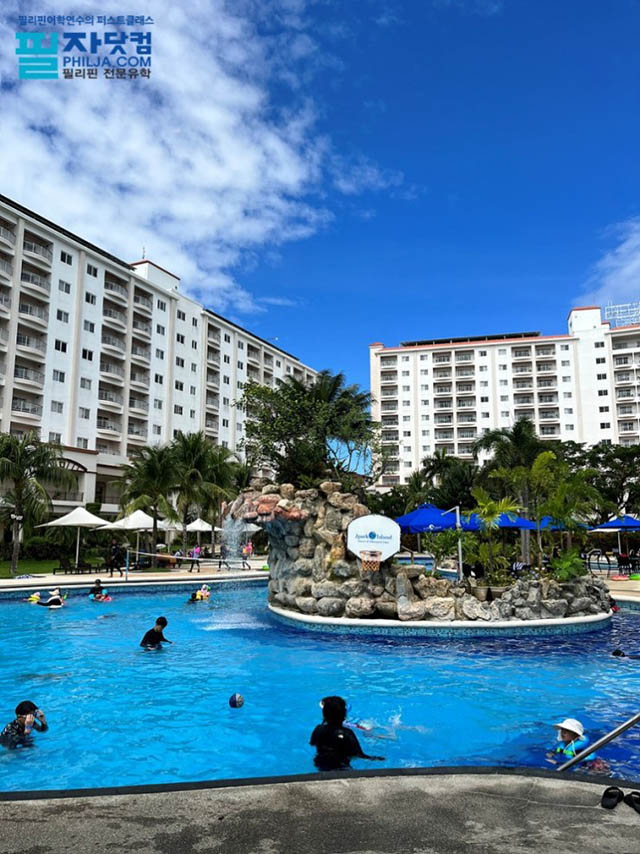
-
МјРЇСІИёСЖШИМі
-
 Tiktik: The Aswang Chronicles
Tiktik: The Aswang Chronicles 27,846
27,846 -
 MY LADY BOSS
MY LADY BOSS 18,633
18,633 -
 INA KAPATID ANAK
INA KAPATID ANAK 13,826
13,826 -
 The Gifted12,971
The Gifted12,971 -
 Barkadang Walang Atrasan12,594
Barkadang Walang Atrasan12,594 -
 BRIDE FOR RENT (2014 PHILIPPINE MOVIE)11,460
BRIDE FOR RENT (2014 PHILIPPINE MOVIE)11,460 -
 MY HUSBAND\'S LOVER11,134
MY HUSBAND\'S LOVER11,134 -
 Basement9,479
Basement9,479 -
 KIMMY DORA 3 Ang Kiyemeng Prequel9,089
KIMMY DORA 3 Ang Kiyemeng Prequel9,089 -
 Mag Ingat Ka sa Kulam9,060
Mag Ingat Ka sa Kulam9,060
Amigo is a 2010 American drama film written and directed by John Sayles.[1] The film takes place in the Philippines in 1900 during the Philippine–American War.
Amigo centers on Rafael Dacanay, cabeza of the barrio of San Isidro in a rice-growing area of Luzon.
His brother Simón, head of the local guerrilla band, has forced the surrender of the Spanish guardia civil outpost and charged Rafael with the task of imprisoning the guardia Captain and the barrioЁЏs Spanish friar, Padre Hidalgo, in the name of the revolutionary government.
But when the American troops chasing General Emilio Aguinaldo arrive, the Spanish officer and Padre Hidalgo are freed, and a garrison under the command of Lieutenant Ike Compton is left to ЁЎprotectЁЏ the barrio.
The American occupation policy now changes from ЁЎhearts and mindsЁЏ to ЁЎconcentrationЁЏ (what was called ЁЎhamlettingЁЏ during the Vietnam war) and Rafael has to answer to both the Americans and the Filipino patriots, with deadly consequences.


- ЁЄ
- ЁЄEx with benefits
- ЁЄMy bestfriend\'s Girlfriend
- ЁЄJUST THE WAY YOU ARE
- ЁЄYour still the one
- ЁЄYOUR PLACE OR MINE ?
- ЁЄHalik sa Hangin
- ЁЄCrazy little thing called love
- ЁЄYOU\'RE MY BOSS
- ЁЄThe Break up Playlist
- ЁЄ INDAY BOTE (REMAKE) ABS-CBN\
- ЁЄPasion de Amor (Philippine TV
- ЁЄFOREVERMORE (TV SERIES)
- ЁЄCRAZY BEAUTIFUL YOU(movie)
- ЁЄTwo Wives (Tv Drama Series)



- ЁЄ
- ЁЄCEBU WESTOWN LAGOON
- ЁЄGREEN LAGOON, COMPOSTELA
- ЁЄCALLAO CAVE
- ЁЄMOUNT PINATUBO IN PHILIPPINES
- ЁЄBATAN ISLAND in Batanes.
- ЁЄCALAGUAS ISLAND, CAMARINES NOR
- ЁЄAGHO ISLAND
- ЁЄCARAMOAN ISLAND IN CAMARINES S
- ЁЄSAMBAWAN ISLAND
- ЁЄPLACES TO VISIT IN LANAO DEL N
- ЁЄPLACES TO VISIT IN ZAMBOANGA C
- ЁЄPlaces to visit in Rizal Provi
- ЁЄHISTORIC TOWN OF VIGAN CITY, I
- ЁЄCAMBUGAHAY FALLS, SIQUIJOR ISL













 ЧЪРкДхФФ ОпАЃЛѓДу ПРЧТ
ЧЪРкДхФФ ОпАЃЛѓДу ПРЧТ 11ГтПЌМг МвКёРкИИСЗ 1РЇ
11ГтПЌМг МвКёРкИИСЗ 1РЇ
 ГЛАд ИТДТ ОюЧаПј УЃБт
ГЛАд ИТДТ ОюЧаПј УЃБт
 ИЎОѓ ЧаБГ ЙцЙЎБт
ИЎОѓ ЧаБГ ЙцЙЎБт
 СжИЛПЁ ГЛАЁ ОЕ КёПыРК?
СжИЛПЁ ГЛАЁ ОЕ КёПыРК? УжАэАЁМККё РЬКЅЦЎ СёБтБт
УжАэАЁМККё РЬКЅЦЎ СёБтБт
 ЧіСіПЁМЕЕ ЧЪРкДхФФ!
ЧіСіПЁМЕЕ ЧЪРкДхФФ! ЧіСіПЁМ АЁДЩЧб
ЧіСіПЁМ АЁДЩЧб









 ЧЪРк ЦЏБо Ч§ХУ! ФСНУОюСі МКёНК
ЧЪРк ЦЏБо Ч§ХУ! ФСНУОюСі МКёНК



 АЁСЗПЌМіЗЮ ДйЧдАд ОзЦМКёЦМ
АЁСЗПЌМіЗЮ ДйЧдАд ОзЦМКёЦМ





























